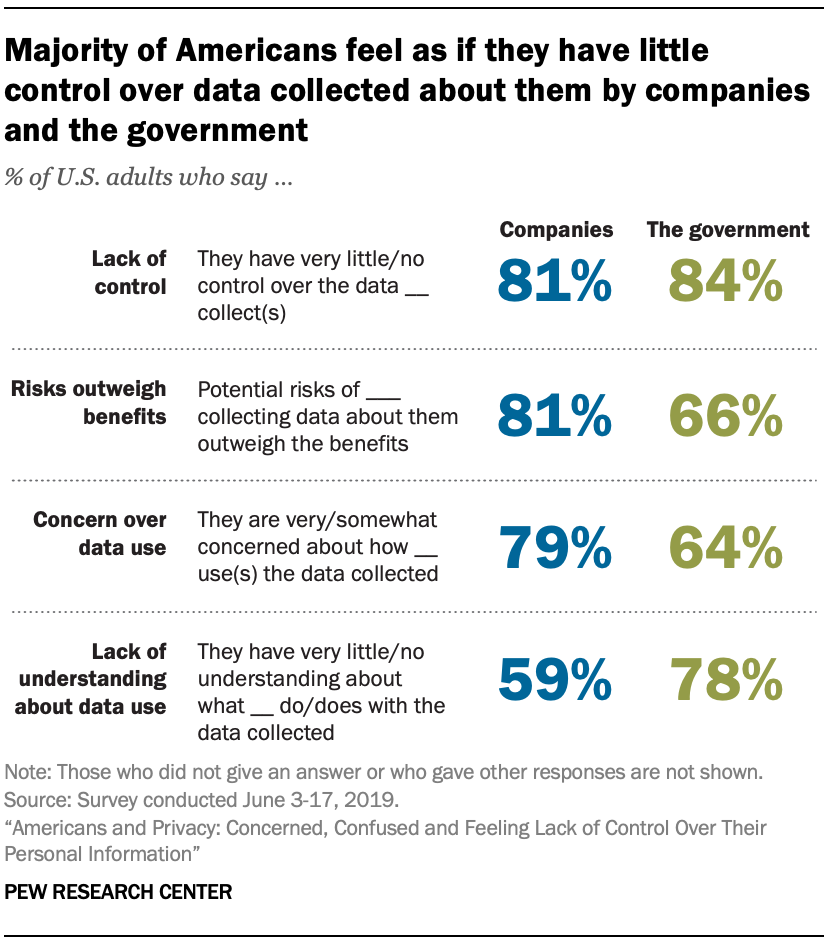When you think about the Health Insurance Portability and Accountability Act (HIPAA), technology may not be the first thing that comes to mind. But when applied to the IT industry, the HIPAA Security Rule simply requires that companies safeguard the confidentiality, integrity and security of individuals’ personal information. But why should big tech companies comply with these standards? How do they comply? How do people feel about companies having access to their information? What should you do if your security policies are not robust enough? Today we answer 4 burning questions about HIPAA Security Rules.
Why Should Companies Comply with the HIPAA Security Rule?
The simple answer is, in many cases, it’s required for data security. According to Wired, Americans have made an uneasy peace with the idea of being “tracked” since the 1870s. Yet tech giants like Facebook, Twitter, Google, and TikTok have all made headlines in recent years for violating data privacy rules. So what gives? Transparency. Ticking off invisible consent boxes and signing nonexistent waivers on behalf of a customer is in huge violation of the HIPAA Security Rule. Companies must be upfront with consumers when it comes to their information. When they’re not, private data gets bought, shared, stolen for malice, and even used to manipulate how you vote. Full transparency also gives people the chance to opt out of entering personal information when they feel the circumstances are risky.
In addition, complying with the HIPAA Security Rule is the right thing to do. Showing privacy and respect helps foster trust and integrity between a business and its consumers. Not only is this the honorable way to conduct business, this healthy relationship can, in turn, translate into more sales. Better ethics + Trusting consumers = More revenue.
How Should Companies Comply with the HIPAA Security Rule?
There are two ways in which companies should comply with the HIPAA Security Rule: morally and legally. Morally, companies can offer an “a la carte” approach to privacy settings. For example, rather than requiring users to agree to all the terms and conditions, allow them to select which terms they agree with, and which they’d prefer to reject. The all-or-nothing approach forces people to agree to terms they are not comfortable with in exchange for goods or services. Yes, this takes a bit more effort on the business’s behalf, however, in the end, the trust gained is well worth it.
Legally, we’ve seen a growing trend of compliance standards and regulations. The California Consumer Privacy Act is returning the power to the people by legally obligating companies to provide website visitors the opportunity to see how their personal information is being tracked, how it’s being sold, and how to opt out. The General Data Protection Regulation (GDPR) in the EU has been a more popularized version of this in recent news. In addition to giving more control over their information, the law requires companies to offer the same products and services to everyone regardless of their privacy setting decisions.
How Do People Feel About Companies Collecting Personal Information?
Sharing personal information online has become an everyday activity, but how do people feel about it? According to findings from Pew Research, roughly six-in-ten U.S. adults say they do not think it is possible to go through daily life without having data collected about them by companies or the government. The majority of Americans report being concerned about the way their data is being used by companies (79%). And despite being told the collection of data will save users time and money or even lead to better health, some 81% say the potential risks they face because of data collection by companies outweigh the benefits. These insecurities felt by Americans make the HIPAA Security Rule all that more important for companies to follow.

What Should You Do If Your Company Policies Do Not Follow the HIPAA Security Rule?
At this point, you may be wondering if your company’s consumer data policies need some updating. Do not worry! There are a few things you can do to implement the HIPAA Security Rule in your workplace. First, familiarize yourself with the HIPAA guidelines. Second, review your existing data policy and make adjustments to areas that do not meet the requirements. And finally, if you don’t feel comfortable making adjustments on your own, consider hiring a CISO or a managed service provider to review your policies and help you make adjustments. An expert will have a complete understanding of regulations and can easily help you uphold the ethics of data protection. At dotnet, we are a full-service information technology company providing businesses and organizations with cutting-edge IT Consulting Services and IT Solutions. Contact us today to get your data security back on track.


